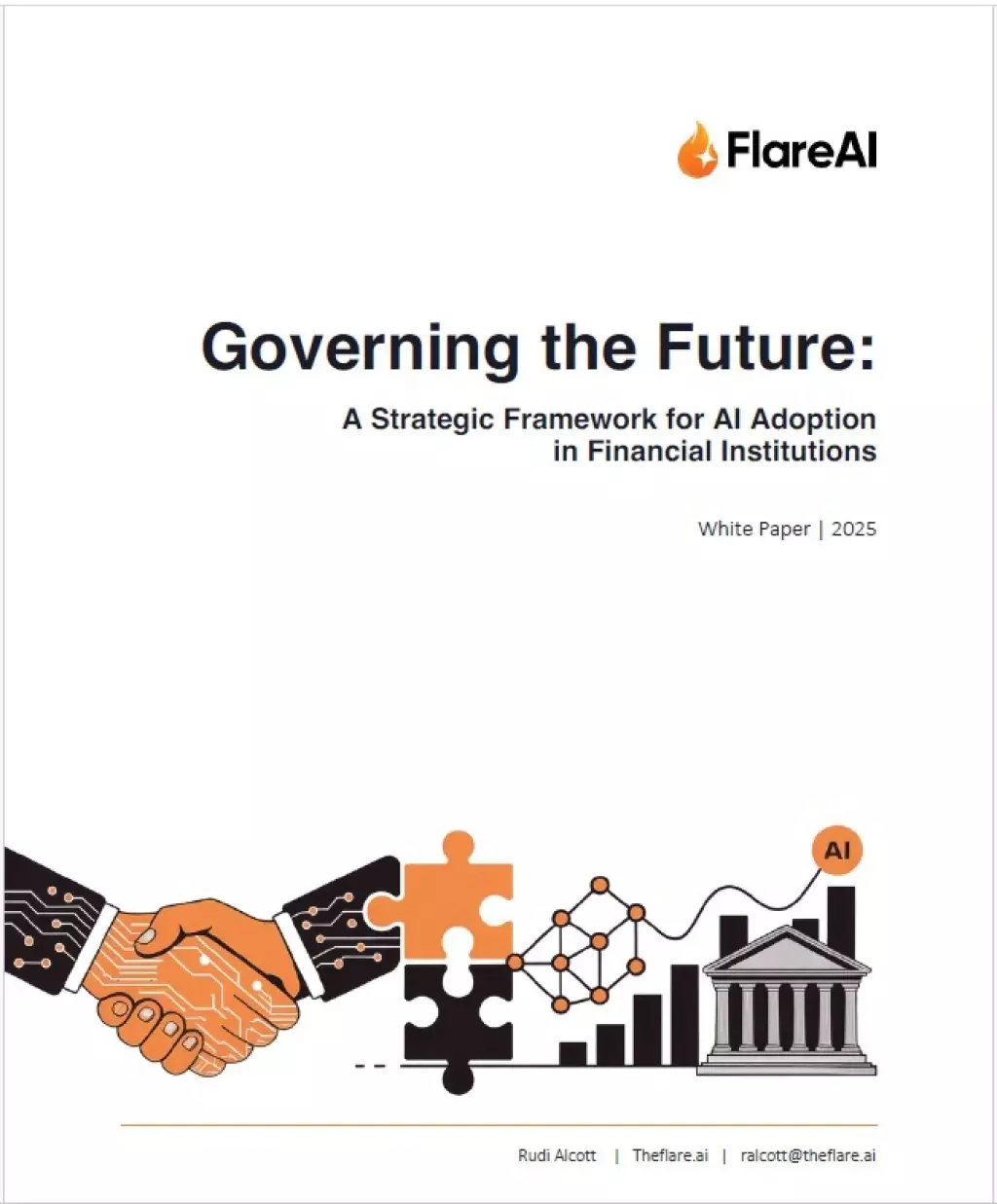Raptive Introduces Content Protection Framework Against AI Scraping
Raptive has announced its 'Terms of Content Use' framework to safeguard its network of over 6,000 creators from unauthorized AI scraping, announced in a press release. This initiative aims to prevent AI crawlers from collecting content from websites within Raptive's independent creator network, marking such actions as a violation of US copyright law.
The framework explicitly prohibits the scraping, copying, or republishing of creator content without permission, reinforcing the protection of original material from unauthorized AI training or replication. Thousands of websites across Raptive's network have already begun displaying messages to warn AI bots against scraping their content.
Raptive's initiative is part of broader efforts to support aligned initiatives, such as the newly launched Really Simple Licensing (RSL) Standard and Cloudflare's move to block AI crawlers by default. The company is also piloting programs like its partnership with ProRata to further protect independent creators.
The 'Terms of Content Use' framework is available to creators outside of Raptive's network, allowing any publisher to strengthen their defenses against unauthorized AI scraping. This move comes as AI-driven disruption accelerates across the digital media landscape, with Raptive leading efforts to ensure creators have the tools to safeguard their intellectual property and economic value.
We hope you enjoyed this article.
Consider subscribing to one of our newsletters like AI Policy Brief or Daily AI Brief.
Also, consider following us on social media:
More from: Regulation
Subscribe to AI Policy Brief
Weekly report on AI regulations, safety standards, government policies, and compliance requirements worldwide.
Whitepaper
Governing the Future: A Strategic Framework for AI Adoption in Financial Institutions
This whitepaper explores the transformative impact of artificial intelligence on the financial industry, focusing on the governance challenges and regulatory demands faced by banks. It provides a strategic framework for AI adoption, emphasizing the importance of a unified AI approach to streamline compliance and reduce operational costs. The document offers actionable insights and expert recommendations for banks with fewer than 2,000 employees to become leaders in compliant, customer-centric AI.
Read more
